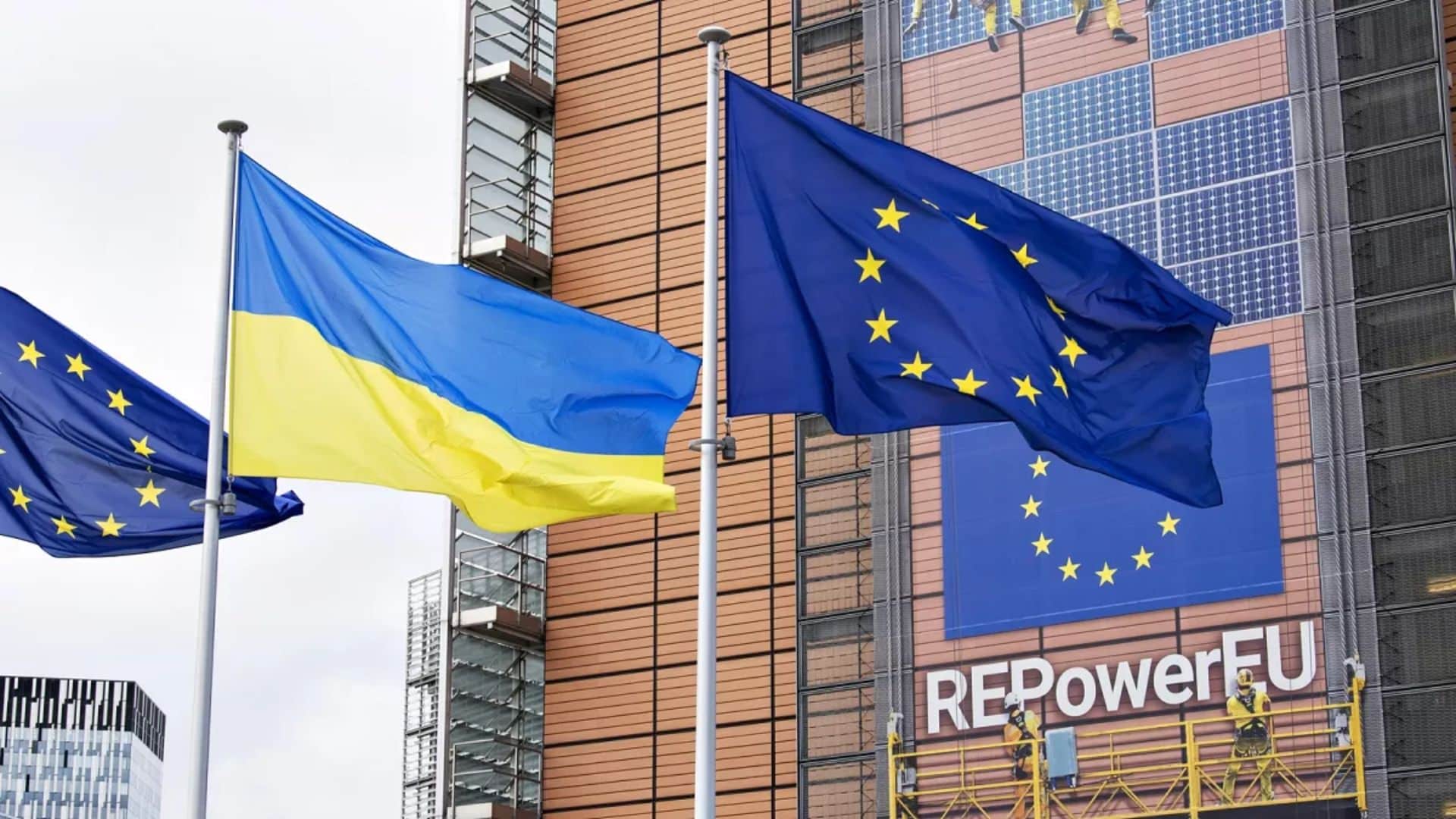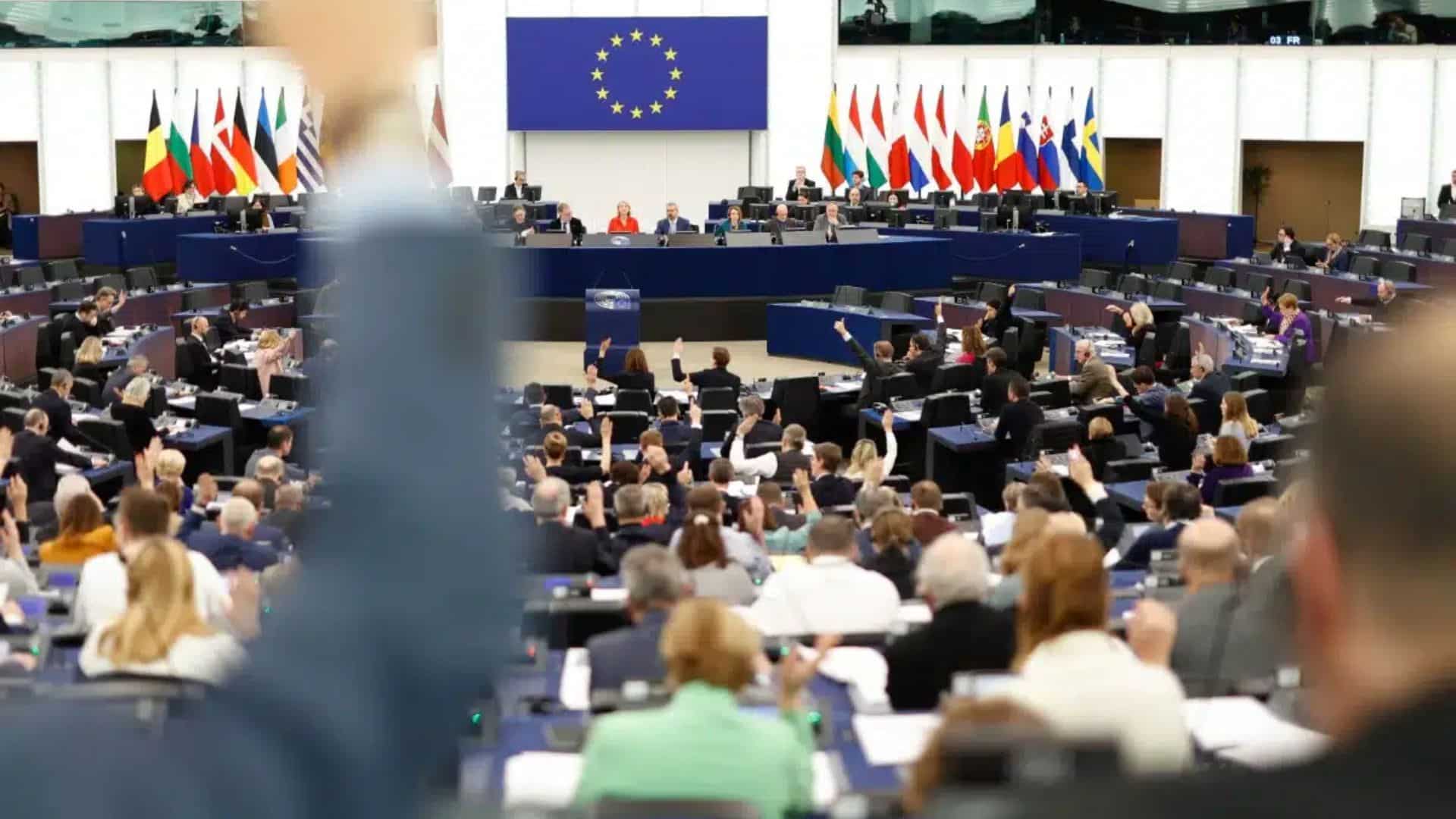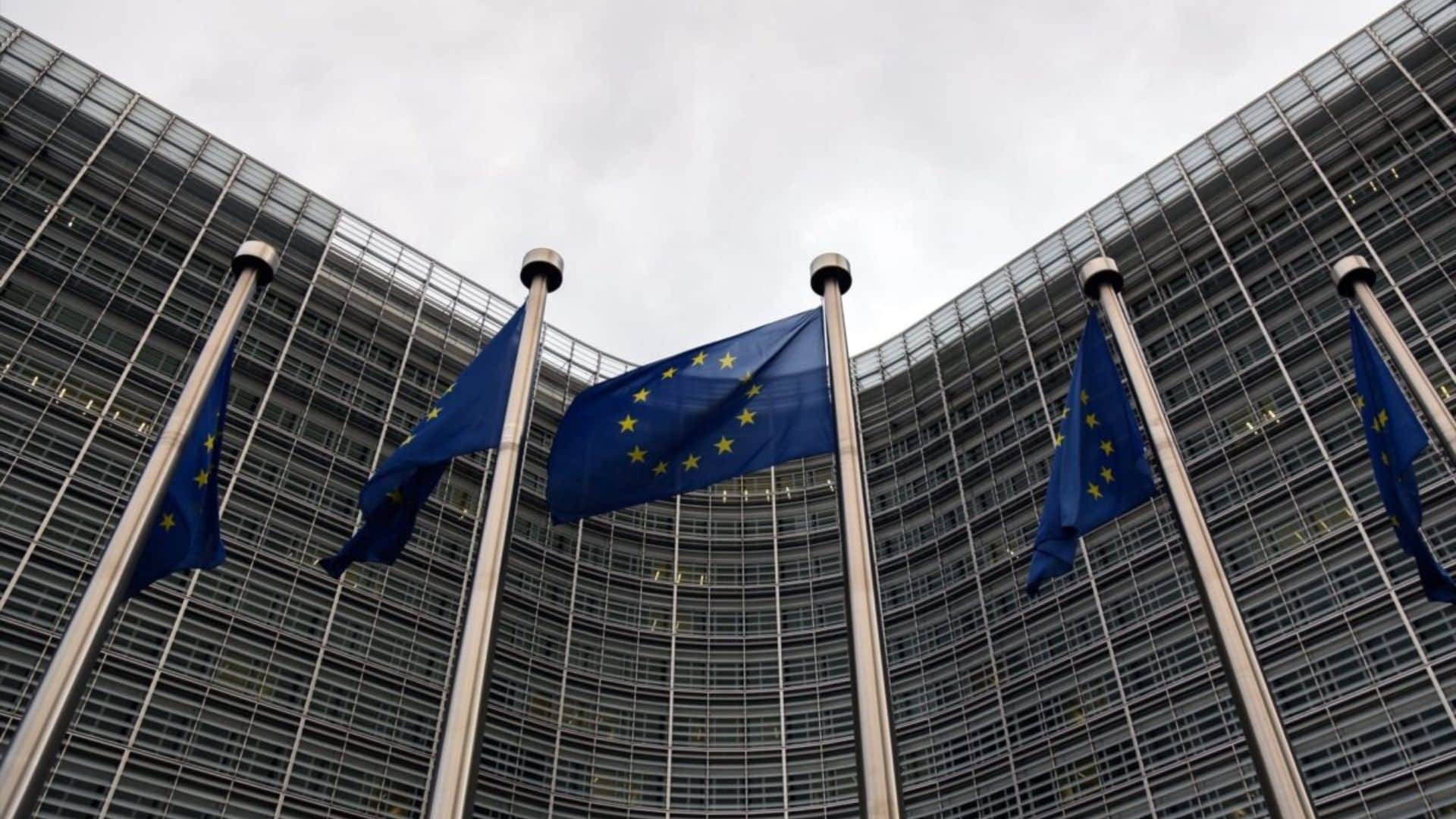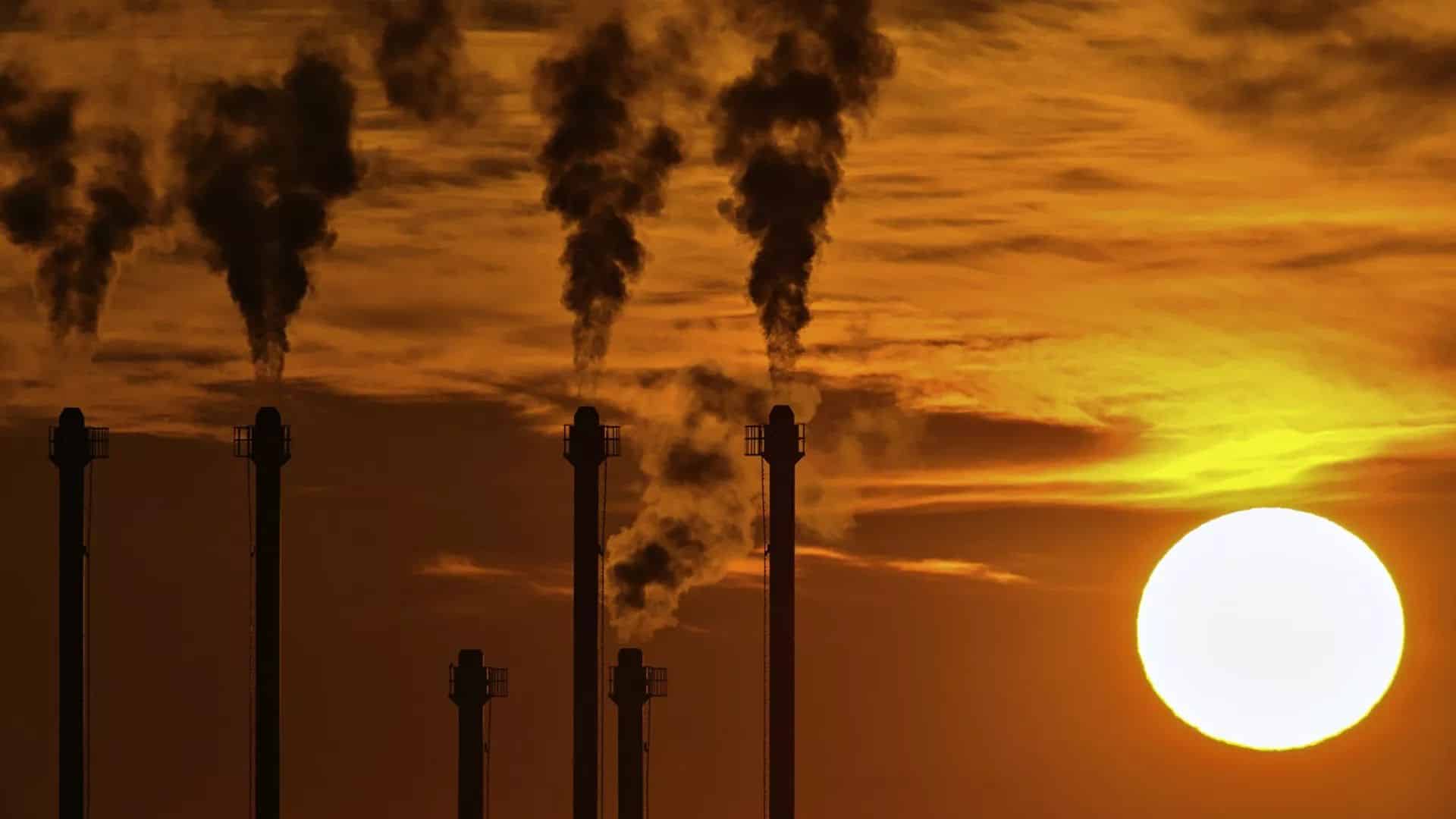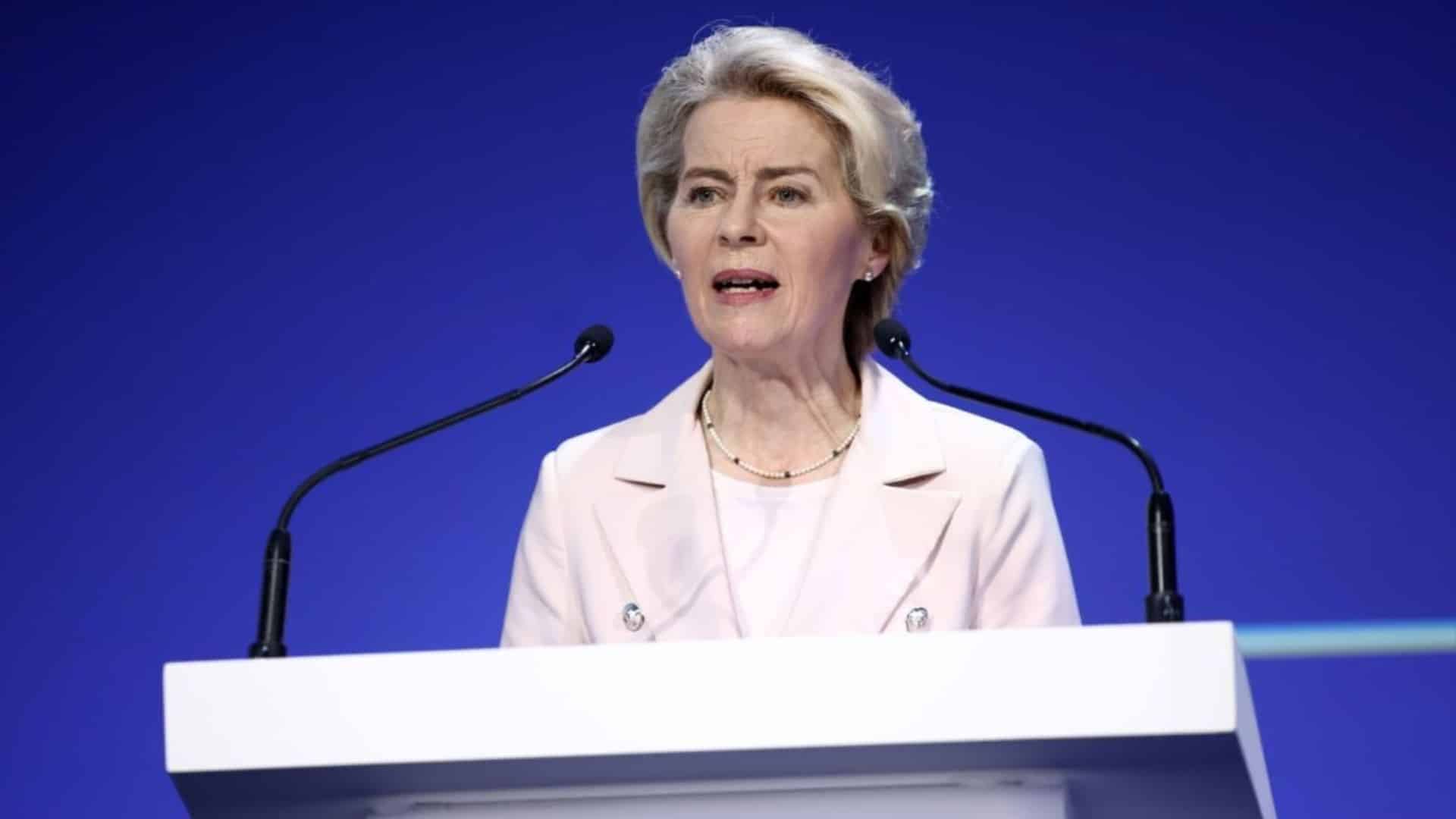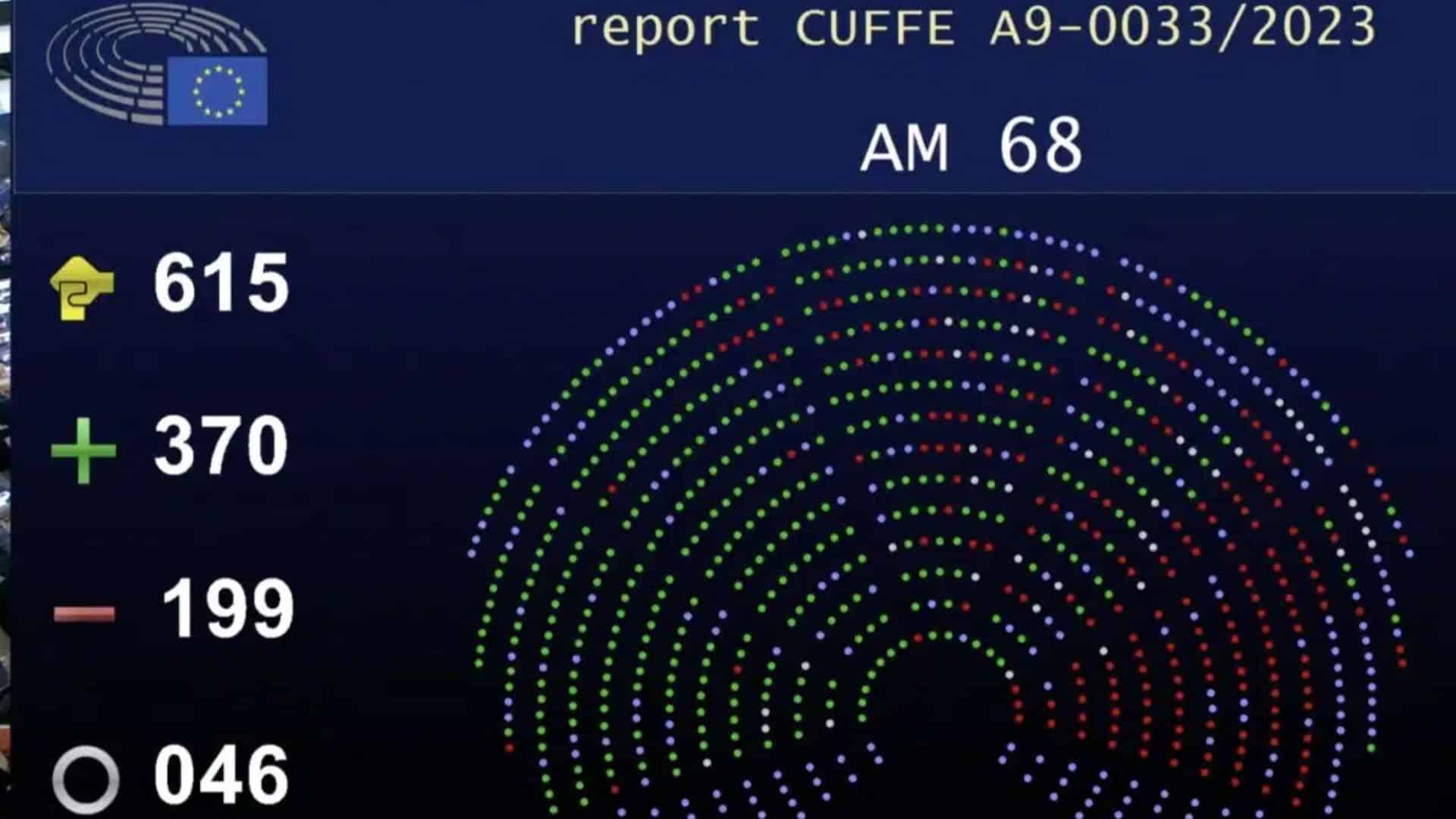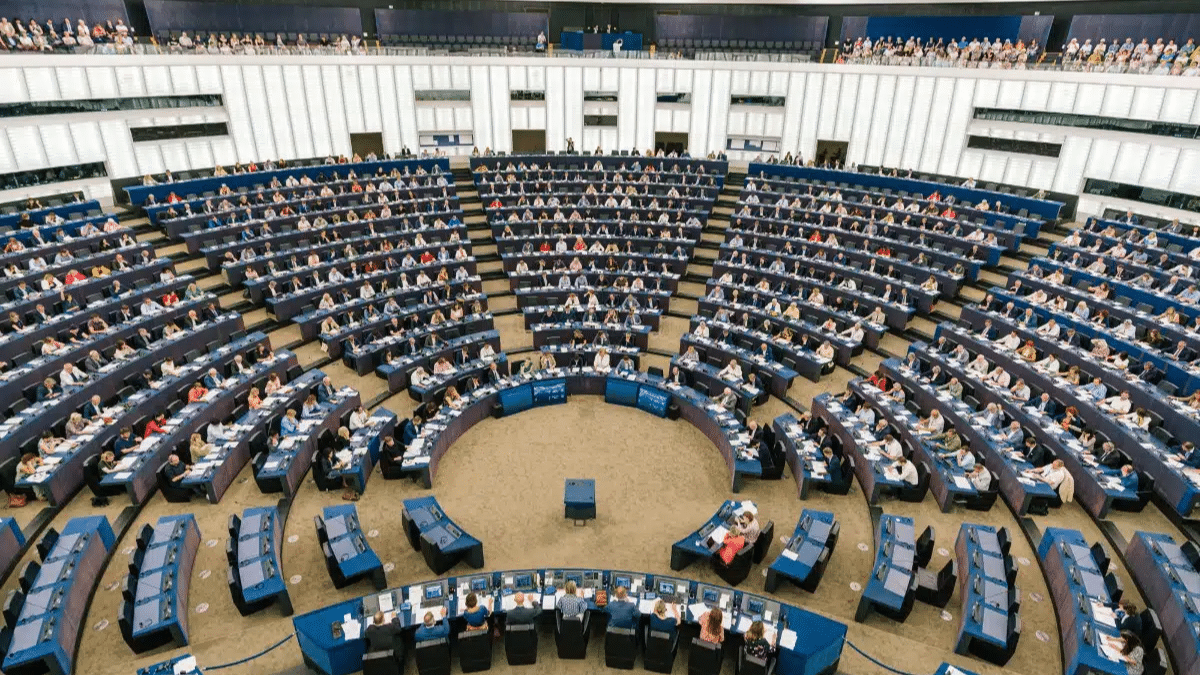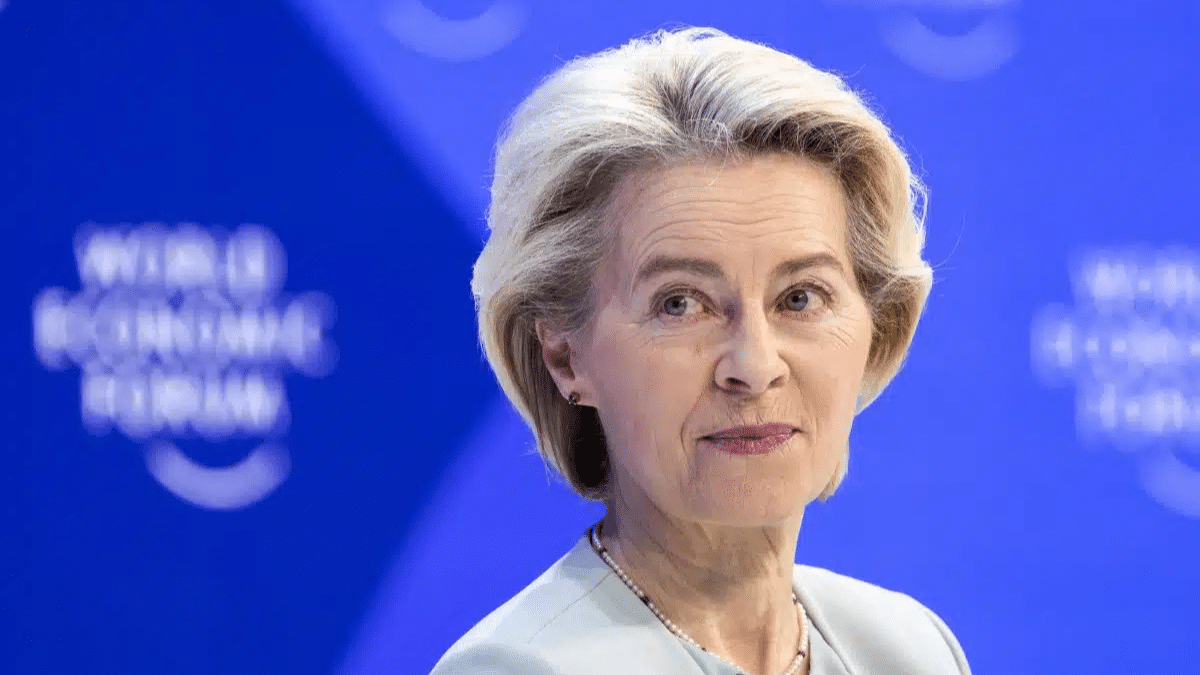
The Common Agricultural Policy (CAP): An Elite’s Challenge to Agricultural Workers
The heart of the conflict always lies in the arrogance of attempting to shape society according to a particularly biased and self-proclaimed superior vision. This fatal arrogance, which has been a constant source of discord, manifests itself in a disastrous social engineering policy that began in 1962. This policy, too big to fail, has accumulated power and resources over the years, becoming a monstrous entity with multiple ramifications whose end is difficult to predict.
Farmers across Europe have been protesting en masse, with actions that have escalated in intensity and coordination in recent weeks, affecting countries such as France, Germany, Spain, Poland, the Netherlands, and Latvia, spreading to Brussels. The protests, marked by blockades and acts of disobedience, reflect an unprecedented magnitude and variety of demands. These farmers, far from being professional demonstrators, have taken a firm and genuine stance against policies considered oppressive.
The profession of agriculture has progressively become more challenging due to a lethal combination of absurd and contradictory fiscal and regulatory burdens. The complexity of complying with these regulations demands broad knowledge and the support of an army of advisors, making agriculture an even more arduous task.
Discontent spans a wide range of complaints against extreme environmental regulations, excessive bureaucracy, and high costs, among others. Each country has its own specificities, from taxes on diesel in Germany to regulations on nitrogen in the Netherlands.
The root of the problem lies in the Common Agricultural Policy (CAP), a clear example of the “Iron Law of Oligarchy,” where political organizations inevitably evolve into an oligarchic structure. Since its inception in 1962, the CAP has adopted a constructivist and interventionist approach, adapting to the narratives of each era but generating problems that have led to further interventions and a dependence on state subsidies.
Despite successive reforms, the CAP has grown in bureaucracy and budget, becoming a costly and detrimental policy. The current agricultural protest is directly related to irrational impositions linked to the Green Deal and climate objectives, aligning with global agendas like the Agenda 2030 and the zero-net emissions goal.
Faced with growing protests, the EU has attempted to appease farmers with temporary measures, but the discontent remains palpable. Criticism of these policies underscores a disconnect between the governing elites and the democratic will, fueling rejection of traditional political parties and favoring Eurosceptics.
Farmers face the challenge of resisting short-term solution temptations and fighting for a fundamental change in the policies governing agriculture. The EU, for its part, seeks ways to calm the protests without abandoning the dependency logic that has characterized the CAP.
The situation paints a grim picture for the future of agriculture in Europe, with policies that threaten to trigger a humanitarian crisis. The debate over the sustainability of these policies is at the center of a broader conflict over the control and future direction of agricultural production, highlighting the urgent need to rethink the approach towards a freer and less regulated agriculture.


